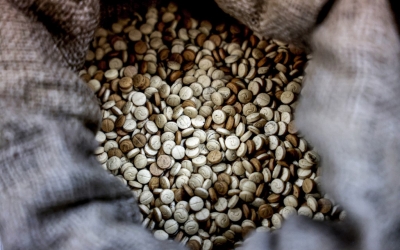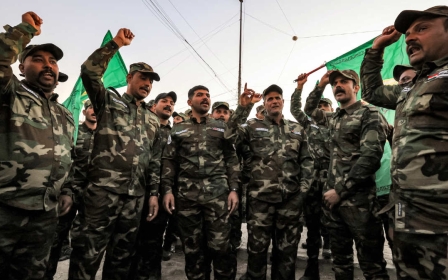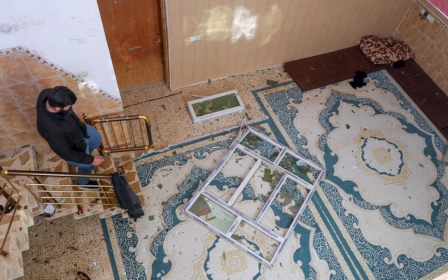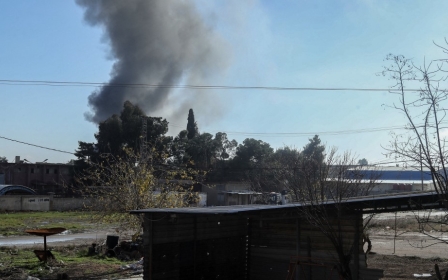Iraq: 'Unlawful' mass executions resuming in country, warns rights group
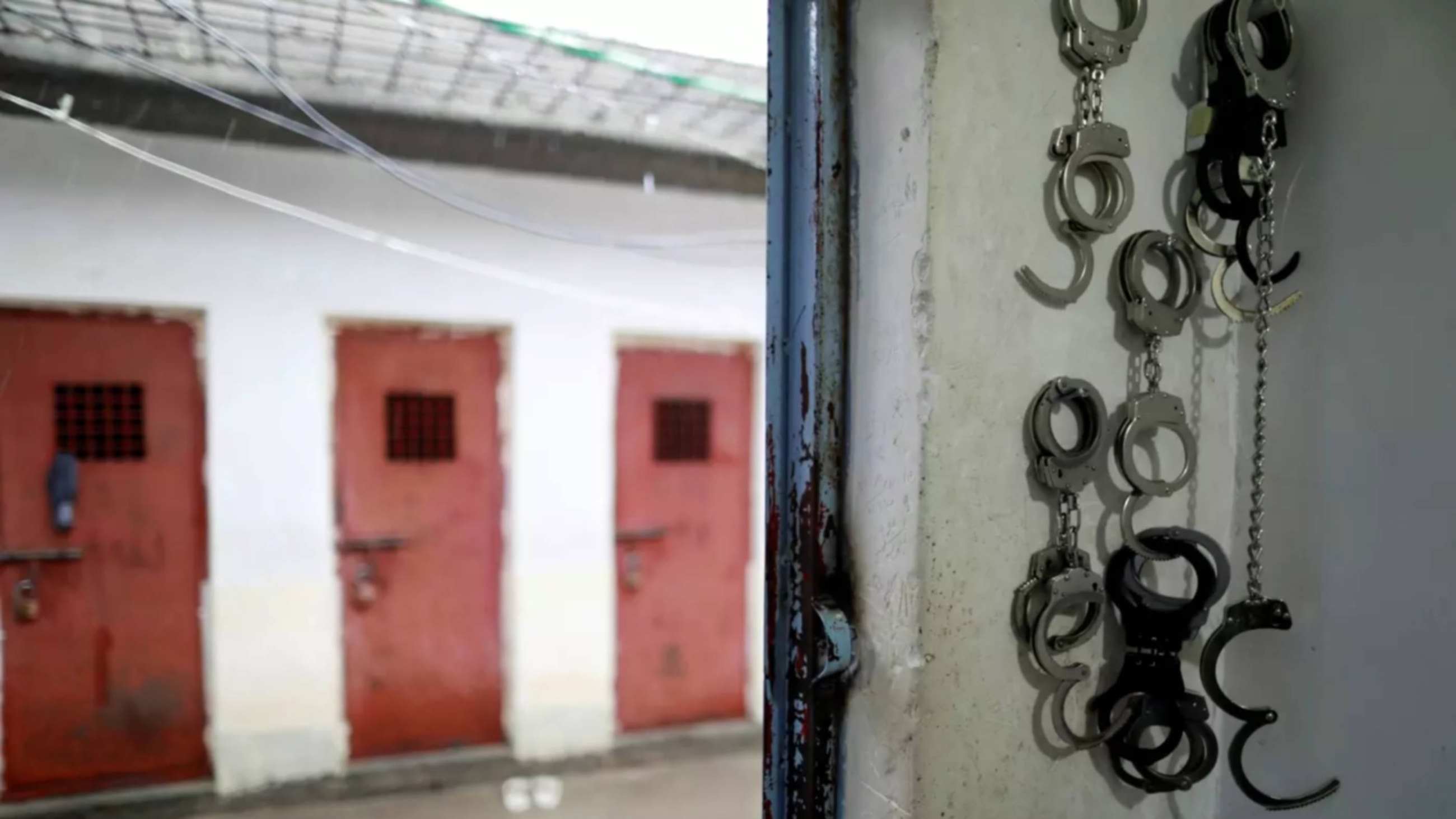
At least 150 people are at risk of imminent "unlawful" execution in Iraq as the country has continued to step up its use of the death penalty in recent months, according to a new report.
Human Rights Watch said that the prisoners' sentences needed only to be confirmed by Iraqi President Abdul Latif Rashid before they were executed.
The prisoners are being held in Nasiriyah prison, in the southern province of Dhi Qar.
This would mark the second mass execution in Iraq in a month, after 13 people were executed in Nasiriyah prison on 25 December. Prior to that, no mass executions had occurred since November 2020.
An inmate at the prison told Human Rights Watch that those executed in December had not been allowed to call their families or their lawyers before their executions, which were announced on loudspeaker in the prison the night before.
New MEE newsletter: Jerusalem Dispatch
Sign up to get the latest insights and analysis on Israel-Palestine, alongside Turkey Unpacked and other MEE newsletters
“The renewal of mass executions in Iraq is an appalling development,” said Sarah Sanbar, Iraq researcher at Human Rights Watch, in a statement.
“The Iraqi government should immediately declare a moratorium on executions. These tremendous injustices are compounded by well-documented flaws in Iraq’s judicial system that deny defendants a fair trial.”
Drug offences
Iraq has for many years had one of the world's highest execution rates, despite repeated warnings from lawyers and rights groups that the legal cases of many of those convicted were deeply flawed.
Torture, isolation from family and lawyers, and forced confessions are widespread in Iraqi prisons, while evidence provided in terrorism cases has often been flimsy and, in some cases, linked to disputes over land and businesses.
Iraqi anti-terrorism legislation allows the death penalty to be applied on the charge of "membership of a terrorist organisation".
One man, identified as al-Dulaimy, told Human Rights Watch that his three brothers had been sentenced to death on terrorism charges after his family refused extortion attempts by a militia to include it in their construction firm.
“During the last visit, a prison guard beat my nephew, who is 10 years old," he said.
“My brothers told my mother they were tortured, forced to sign confessions, psychologically tormented, and fed poor food. Guards made them stand naked in the open air as a form of punishment.”
He added that he had spent many years trying to acquire a medical report proving his brothers' torture, but "to no avail".
Executions have also focused heavily on crimes related to drug offences.
In May, Iraqi Prime Minister Mohammed Shia al-Sudani said that the issue was as important as terrorism to the country, telling the inaugural Baghdad International Conference on Drug Control that drugs were a "serious threat to societies and state entities and the war against drugs is no less dangerous than the war against terrorism".
Iraq has long been a transit country for captagon, the amphetamine-like stimulant plaguing the Middle East. But officials say Iraq has also become a consumer market for the drug.
“For years, Iraq had one of the highest rates of executions in the world,” said Sanbar.
“It is deeply troubling to see the country revert to the death penalty instead of making meaningful reforms in the judiciary that would ensure fair trials.”
Middle East Eye delivers independent and unrivalled coverage and analysis of the Middle East, North Africa and beyond. To learn more about republishing this content and the associated fees, please fill out this form. More about MEE can be found here.


